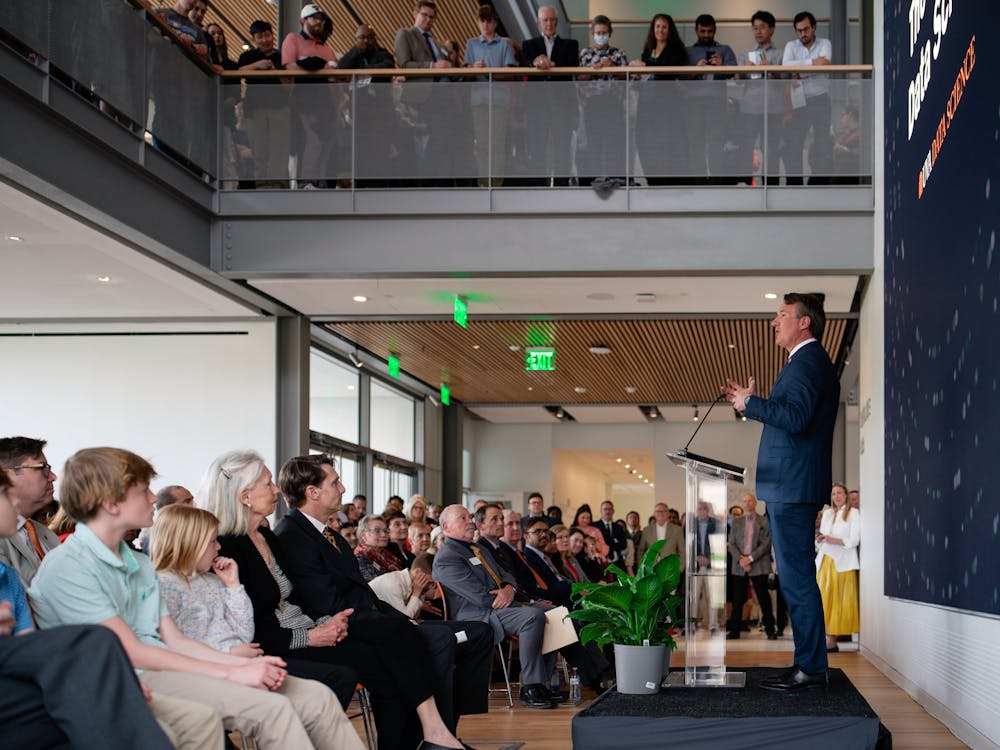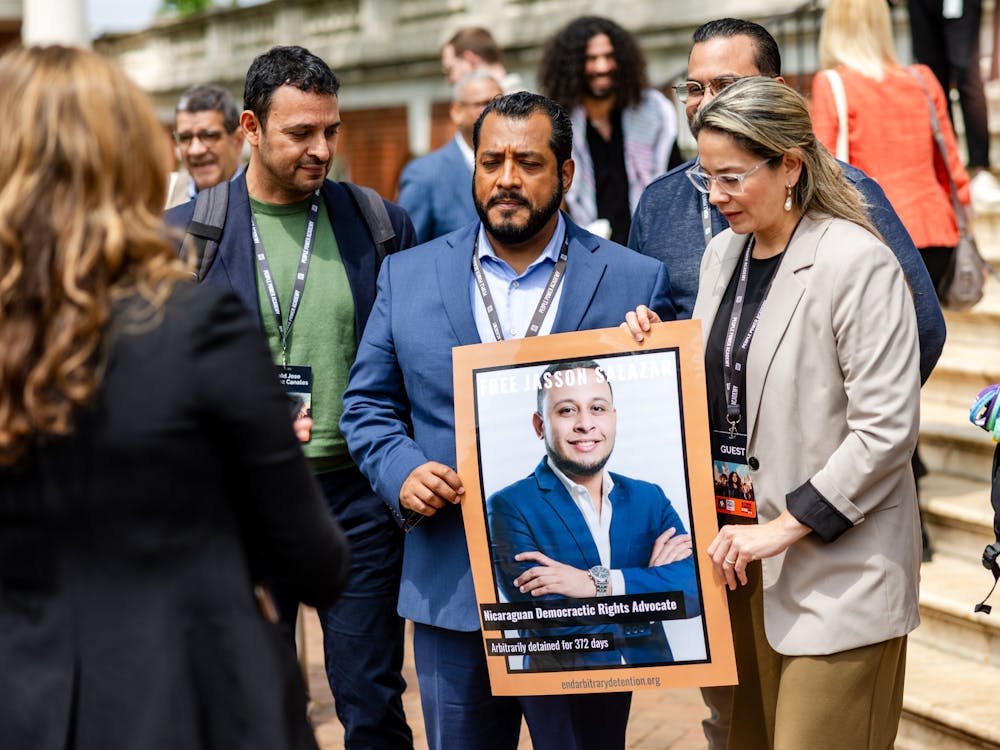In an event reminiscent of the University's honor cases brought forth by Physics Professor Louis Bloomfield last spring, 187 Georgia Tech students are facing accusations of cheating by collaborating on a computer science class project.
Professors identified the students with homemade software designed to detect plagiarism. Computer science professors have been using this detection software since 1997, when it was developed at Georgia Tech.
The accusation is aimed at a group of primarily freshman and sophomore students in two different fall 2001 courses, Introduction to Computing, and Object Oriented Programming. More than 1,600 total students took the classes last semester.
The accused students now face individual meetings with Georgia Tech staff members who will explain allegations against them. Karen Boyd, senior associate dean of students, or an associated staff member will then decide whether formal charges will be filed.
If charges are filed, students will go before a review panel of four faculty members and three students. This panel as non-prosecuting and equally charged with looking at the student's side.
Unlike at the University, Georgia Tech's academic honor code does not mandate the single-sanction of expulsion. Boyd said suspension for a first offense is unlikely.
If found guilty, students may face a failing grade in the course, probation, community service work or possible suspension.
Until the hearings, the accused students have received a grade of incomplete for the class. Students that need the class credit for academic requirements are being encouraged to retake the class until the cases are resolved.
University Computer Science Professor Thomas Horton said there is a concern with plagiarism in computer science courses here at the University, but that all professors handle the issue differently. Many professors use a plagiarism-detection program called MOSS that was developed at the University of California-Berkeley. MOSS is widely available on the Internet.
MOSS, a widespread program, stands in contrast to the homemade programs designed at Georgia Tech and by Bloomfield. As the related honor cases at the University unfold, many questions have arisen about the various levels of detection sensitivity of homemade programs.
Designing reliable homemade plagiarism detection software is "actually a very difficult thing to do well," Horton said.
At Georgia Tech, students are not allowed to collaborate on any computer programming assignments. In contrast, the University's introductory computer science programs do include collaborative work in which code-sharing is allowed between partners.
"What's challenging for us instructors [at the University] is that there's no question that working together is an excellent way to learn," Horton said.
In individual assignments, "it's a very tricky thing to decide whether someone just helped someone too much and crossed the line, or whether it was a serious enough offense in our opinion."
The computer science department is currently re-evaluating its course policies to help clarify its standards for collaboration versus plagiarism.
"One of the things we're going to do this semester is talk about the honor code more - when it's appropriate to help someone and how much to help someone," Horton said.




